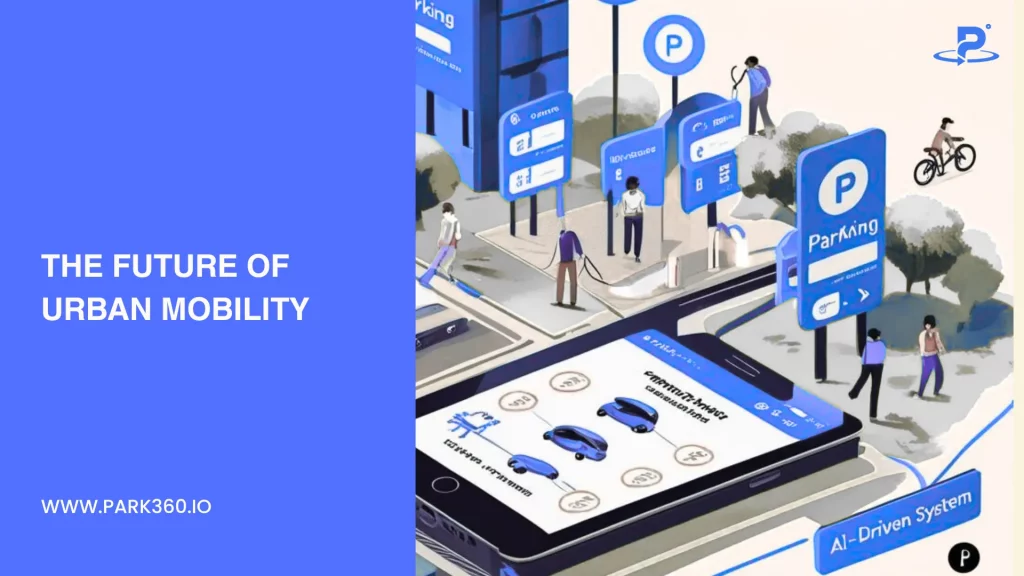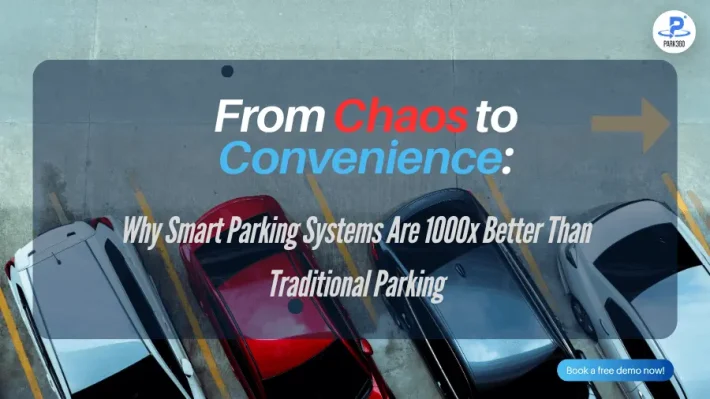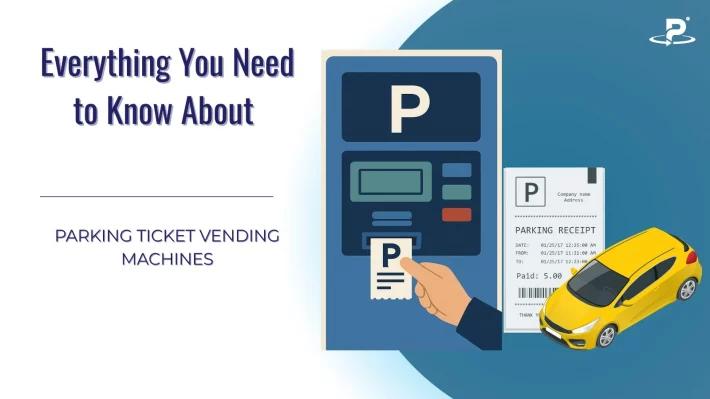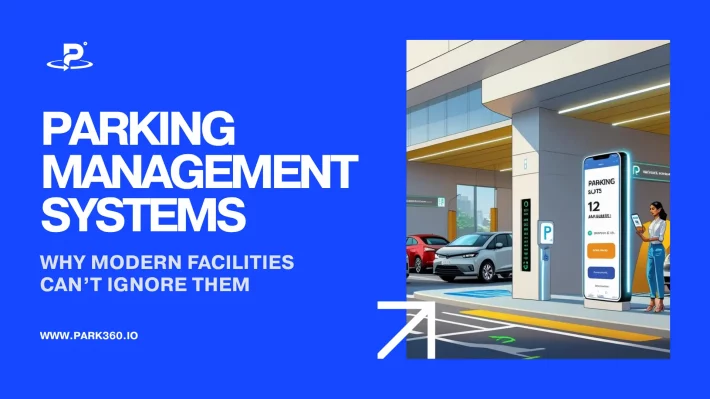The Future of Urban Mobility: How Smart Parking Systems Are Shaping Cities

If you’ve ever circled a city block repeatedly, hoping to snag that elusive parking spot, you’re not alone. Urban dwellers worldwide spend countless hours (and fuel) searching for parking, contributing to congestion, stress, and unnecessary emissions.
As cities grow denser, the challenge of parking isn’t just about convenience anymore—it’s about shaping how cities move, breathe, and function. Enter innovative parking systems, a crucial component in the future of urban mobility and smart city infrastructure.
In this post, we’ll explore what innovative parking systems are, how they reduce congestion, their role in sustainability, real-world examples, and why they’re becoming the backbone of tomorrow’s cities.
What Is a Smart Parking System?
An intelligent parking system utilizes technology, including sensors, cameras, IoT devices, data analytics, and automated payments, to optimize vehicle parking, tracking, and management across urban environments.
Instead of manual ticketing, guessing where a spot might be, or dealing with chaotic pay-and-park zones, intelligent parking systems offer:
✅ Real-time parking availability via apps or digital boards
✅ Automated payments (QR codes, UPI, cards)
✅ Vehicle tracking with ANPR (Automatic Number Plate Recognition)
✅ Dynamic pricing based on demand and peak hours
✅ Data analytics for operators and city planners
In essence, smart parking is about making parking frictionless, efficient, and integrated into a city’s broader mobility strategy.
How Smart Parking Reduces Congestion
It’s easy to underestimate the extent to which congestion is tied to inefficient parking. Studies show that up to 30% of urban traffic is generated by vehicles searching for parking.
Smart parking systems address this in multiple ways:
- Real-Time Availability: Drivers can view available spots via apps before reaching the location, reducing unnecessary driving.
- Efficient Turnover: Dynamic pricing and time-based rules encourage faster turnover, freeing up space for more users.
- Automated Entry/Exit: Using ANPR and RFID, vehicles can enter and exit without manual intervention, reducing queues at gates.
- Traffic Flow Insights: Cities can analyze parking usage data to adjust traffic signals and parking policies, easing congestion in high-traffic zones.
For example, imagine a commercial district during peak office hours. With smart parking, employees can pre-book slots, visitors can check spot availability, and automated systems prevent bottlenecks at entry/exit points.
Integration with Smart City Initiatives
Smart parking systems aren’t standalone tools; they are a core component of smart city ecosystems.
Cities globally are adopting smart infrastructure, including IoT sensors, connected traffic lights, real-time pollution monitoring, and electric vehicle charging networks. Smart parking integrates seamlessly into these initiatives by:
- Data Sharing: Sharing parking data with traffic management systems to optimize routing and reduce congestion.
- Connected Infrastructure: Integrating EV charging stations within parking spots, enabling innovative energy management.
- Urban Planning: Helping city planners understand parking demand and usage, guiding zoning and infrastructure investments.
- Supporting Public Transit: Park-and-ride systems integrated with metro or bus stations, encouraging multi-modal transport.
When parking becomes intelligent, it aligns with the broader goals of a smart city: reducing congestion, improving quality of life, and ensuring sustainable urban development.
Sustainability Benefits: EV, Reduced Emissions, and More
Urban mobility’s future is deeply tied to sustainability, and smart parking plays a surprisingly significant role in this context.
1️⃣ Reducing Emissions
By reducing the time vehicles spend idling while searching for parking, cities can significantly reduce carbon emissions. Fewer cars circling means cleaner air.
2️⃣ Supporting Electric Vehicles (EVs)
Smart parking systems often integrate EV charging infrastructure, enabling:
- EV-specific parking reservations
- Intelligent load management for charging
- Data-driven insights into charging patterns
This makes EV adoption more practical for city dwellers, aligning with cities’ goals of reducing fossil fuel dependence.
3️⃣ Minimizing Land Use
With dynamic pricing and efficient management, cities can use less land for parking while still meeting demand. This frees up space for green areas, pedestrian pathways, or bike lanes.
4️⃣ Paperless Operations
Intelligent parking systems digitize ticketing and payments, reducing the use of paper and associated waste.
5️⃣ Supporting ESG Goals
For private operators and municipalities, adopting innovative parking solutions aligns with Environmental, Social, and Governance (ESG) commitments, contributing to greener urban infrastructure.
Real-World Examples of Smart Parking in Action
San Francisco, USA
San Francisco implemented the SFpark program, using sensors and demand-responsive pricing to manage parking availability. This initiative reduced parking search time by 43% and decreased greenhouse gas emissions in pilot areas.
Barcelona, Spain
Barcelona has integrated smart parking into its smart city ecosystem, with sensors, automated payments, and dynamic pricing zones that guide drivers to available spots and discourage long-term parking in congested areas.
India (PARK360)
Across India, a wide range of businesses and institutions have adopted PARK360’s smart parking solutions to tackle complex parking management challenges. From high-security events like the G20 Summit in Delhi and Aero India 2025, to corporate campuses, industrial units, tourist destinations, railway stations, and airports—PARK360 has enabled automated payments, ANPR-based vehicle tracking, and real-time occupancy monitoring.
These implementations have significantly reduced congestion, enhanced operational efficiency, and streamlined revenue collection for stakeholders across diverse sectors.
? Corporate Campuses and Malls
Large campuses and shopping centers globally have adopted smart parking to:
- Manage peak-hour traffic
- Enable pre-booking of slots for employees or VIP customers
- Reduce entry/exit bottlenecks
- Enhance customer satisfaction through hassle-free parking experiences
These examples highlight that smart parking is practical, scalable, and effective in diverse environments.
The Future: AI, IoT, and Data-Driven Parking
As technology continues to evolve, so will parking systems. Here’s what the future looks like:
? AI-Powered Predictive Parking
Artificial intelligence will predict parking demand based on historical data, weather, and events, enabling cities to adjust pricing and availability proactively.
? IoT-Enabled Dynamic Guidance
IoT sensors will not only track occupancy but also guide vehicles dynamically, using LED signboards or in-car navigation, further reducing congestion.
? Autonomous Vehicle Readiness
Intelligent parking systems will be designed to interact with autonomous vehicles, enabling self-parking and retrieval, reducing the need for human intervention.
? Integrated Mobility Platforms
Parking will be integrated into mobility-as-a-service (MaaS) platforms, where users can plan end-to-end journeys that include parking, public transit, and micro-mobility options.
? Data-Driven Urban Planning
Cities will utilize parking data to redesign road layouts, adjust traffic signals, and plan infrastructure that prioritizes efficient, sustainable mobility.
In short, parking will no longer be an afterthought but an integrated element of urban design.
Conclusion: Smart Parking as the Backbone of Smart Cities
As cities worldwide grapple with congestion, pollution, and space constraints, smart parking systems emerge as a foundational technology.
They help:
- Reduce traffic and emissions
- Improve user experience
- Enable data-driven city planning
- Support EV adoption and sustainability goals
- Integrate seamlessly with broader smart city initiatives
Investing in smart parking is not just about making parking easier—it’s about creating livable, efficient, and sustainable cities.
Whether you’re a city planner, facility manager, or a technology enthusiast, smart parking is a space to watch—and invest in—as we collectively shape the future of urban mobility.
? Ready to take the next step?
If you’re considering implementing an intelligent parking management system for your city, facility, or business, now is the time to explore your options and embrace the future of mobility.



